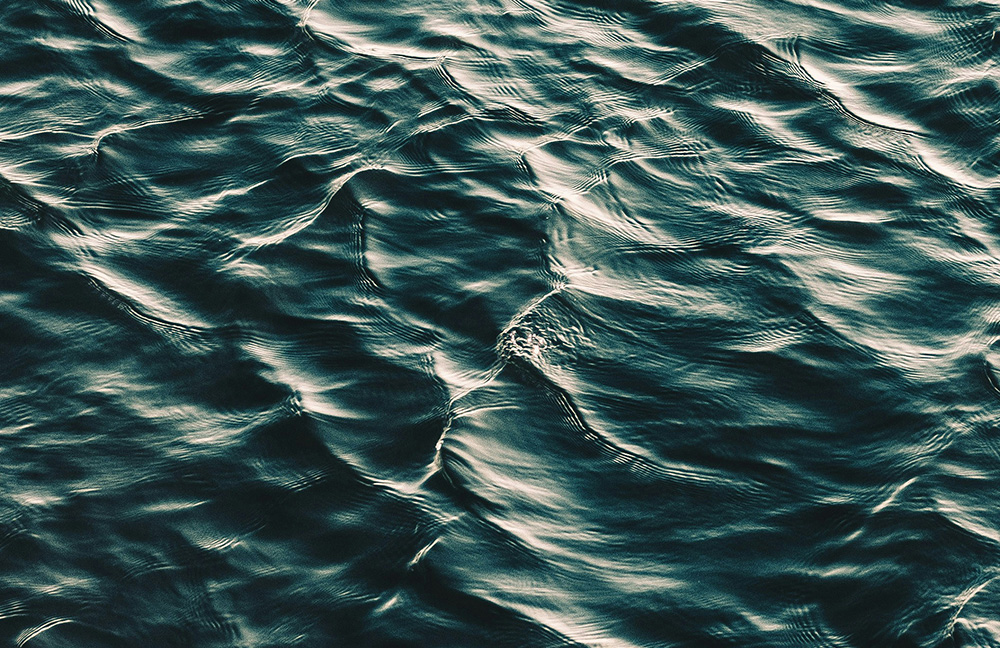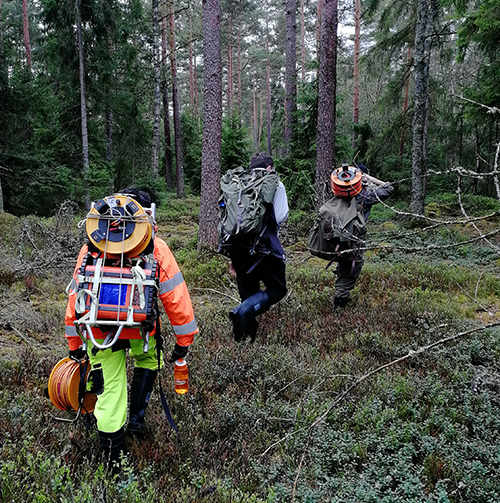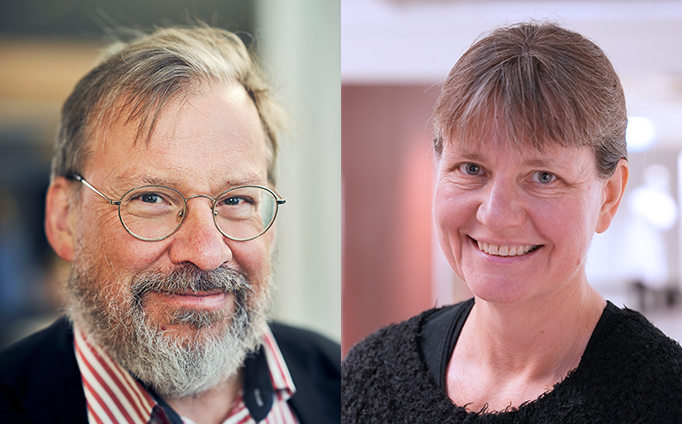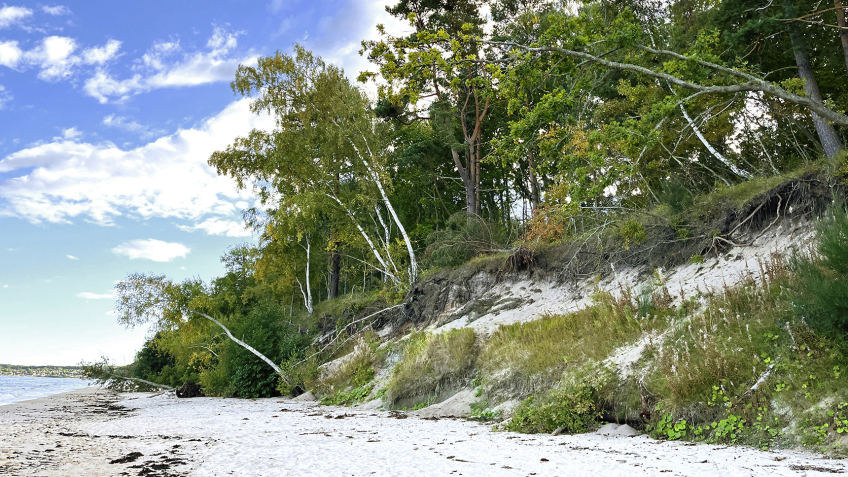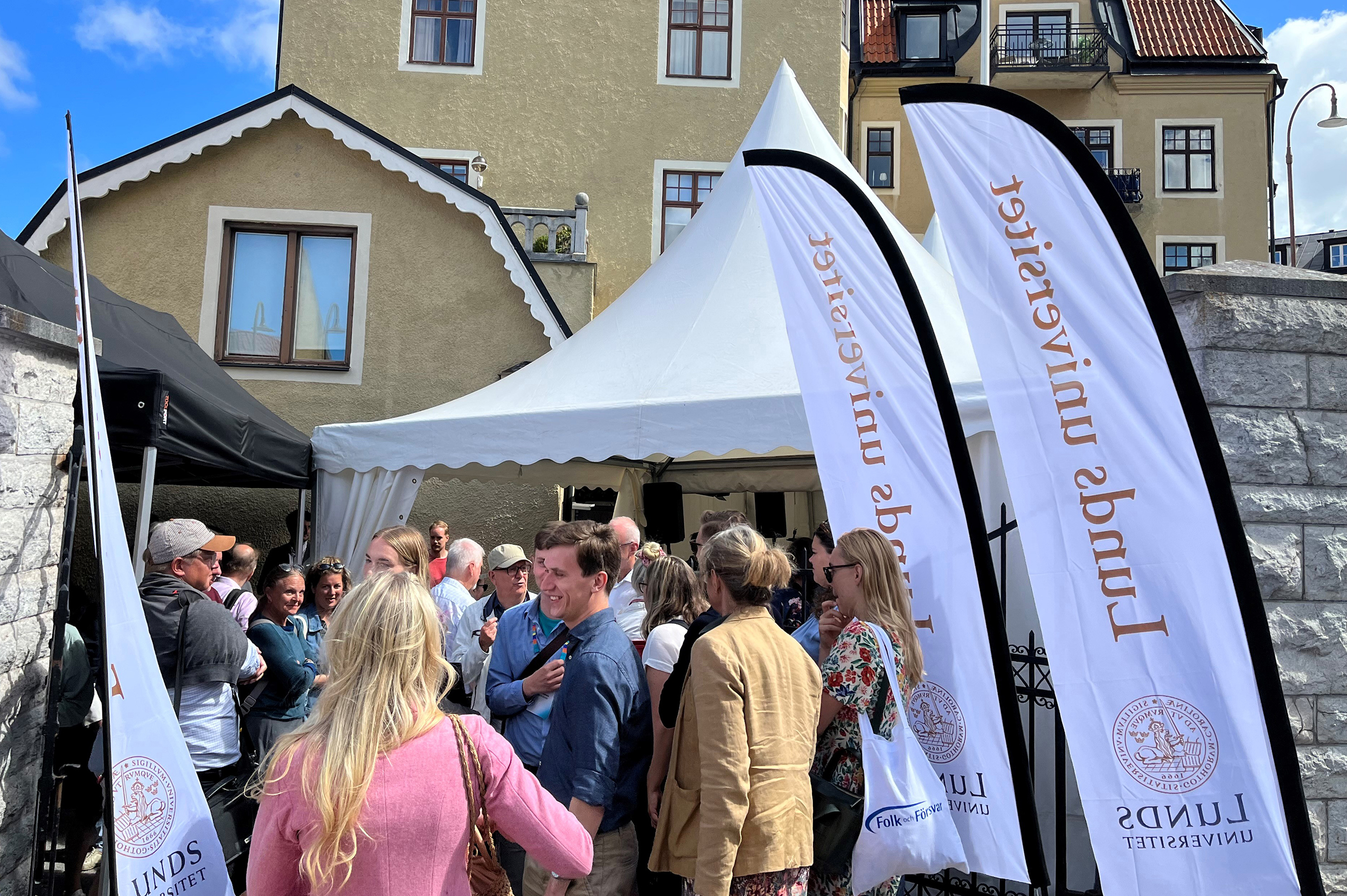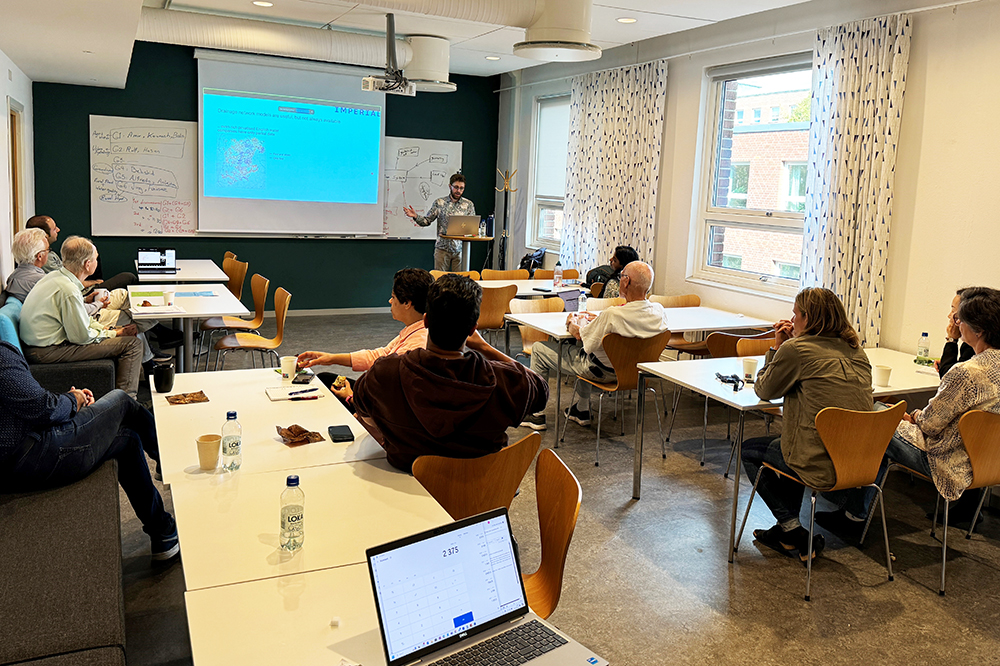
LTH Profile Area: Water
Water issues are complex and must be solved sustainably with holistic understanding. The profile area Water contributes to the implementation of improved water policies and practices by for example developing innovative technologies and reducing environmental impact, advance the knowledge of water in society, influencing priorities set for improved water governance and laying the foundation for improved water governance policy.
We help the world recognize the value of water and ensures that it is shared and used sustainably, equitably, and efficiently – for a water-wise world.
Focus areas
We study groundwater resources for sustainable water management. Our work includes mapping and monitoring aquifers (groundwater reservoirs), assessment of groundwater vulnerability and contamination risk, as well as interaction between surface water and groundwater. Furthermore, geothermal energy assessment and development, and hydropower structure condition control and monitoring. In our focus area, we use land-, air- and water-based geophysics, allowing us to explore the underground non-destructively, where we aim to understand the relationship between geophysical parameters and aquifer properties and processes. Additionally, we have two drill rigs for drilling and verifying geophysical results, and equipment for conducting tests like pumping, slug, and flow tests, as well as collecting water samples. We also study ground water chemical and isotope characteristics, and carry out groundwater modelling, including flow and transport.
Contact: Tina Martin and Torleif Dahlin
Clean the Water focuses on various treatment techniologies to ensure the availability of clean and safe water in society. Different waters require different types of treatment technology and the goal is to achieve sufficient quality with the most resource efficient methods as possible. We work with treatment methods that separate, transform or break down impurities in water based on mechanical, biological and chemical processes, usually in combination.
LTH has a unique experimental infrastructure for research in this area, which contributes to the development of water purification processes and concepts that are used both in the production of drinking water and in the treatment of different types of wastewater.
Contact: Tobias Hey and Åsa Davidsson
Handle the Water focuses on both the importance of water for society, our technical systems and society's impact on natural waters. We investigate societal aspects related to water, from the use and operation of water to dealing with challenges such as floods, droughts and pollution. We work with four main areas: 1) management of water flows in society, 2) the connection between water, energy and food, 3) asset management of infrastructure, and 4) management of risks related to e.g. intense and prolonged rains, long dry periods, sea level rise and pollution. The goal is to study society's water management in various sectors, including urban planning, as well as to develop new ways to work, new processes, etc. that can improve water management.
Contact: Johanna Sörensen and Andrew Karvonen
Watch the Water looks at water from the smallest to largest of scales. We are developing advanced frameworks: combining artificial intelligence, emerging sensors, and satellite missions e.g., Sentinel, weather radars, drones for hydrological observation; and, DNA-based techniques to observe microbiomes. We use traditional and cutting-edge instruments and algorithms to observe and monitor the water cycle quantitatively and quantitatively. The aim is to improve the data and information about water resources and water quality to support more informed decision-making and sustainable development.
LTH has strong facilities and laboratories, as well as competent researchers working on developing these technologies which contribute to the enhancement of water observation techniques in Sweden, and worldwide.
Contact: Amir Naghibi and Catherine Paul
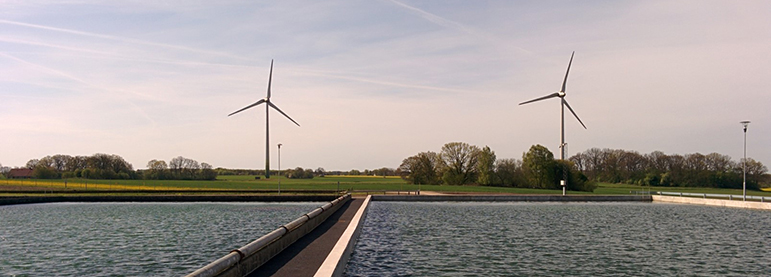
The Water Research School
The Water Research School provides research education in water at a high international quality. The school offers courses to PhD students and industry.
Water issues are complex and must be solved sustainably with holistic understanding. The profile area Water contributes to the implementation of improved water policies and practices by for example developing innovative technologies and reducing environmental impact, advance the knowledge of water in society, influencing priorities set for improved water governance and laying the foundation for improved water governance policy.
We help the world recognize the value of water and ensures that it is shared and used sustainably, equitably, and efficiently – for a water-wise world.
Focus areas
We study groundwater resources for sustainable water management. Our work includes mapping and monitoring aquifers (groundwater reservoirs), assessment of groundwater vulnerability and contamination risk, as well as interaction between surface water and groundwater. Furthermore, geothermal energy assessment and development, and hydropower structure condition control and monitoring. In our focus area, we use land-, air- and water-based geophysics, allowing us to explore the underground non-destructively, where we aim to understand the relationship between geophysical parameters and aquifer properties and processes. Additionally, we have two drill rigs for drilling and verifying geophysical results, and equipment for conducting tests like pumping, slug, and flow tests, as well as collecting water samples. We also study ground water chemical and isotope characteristics, and carry out groundwater modelling, including flow and transport.
Contact: Tina Martin and Torleif Dahlin
Clean the Water focuses on various treatment techniologies to ensure the availability of clean and safe water in society. Different waters require different types of treatment technology and the goal is to achieve sufficient quality with the most resource efficient methods as possible. We work with treatment methods that separate, transform or break down impurities in water based on mechanical, biological and chemical processes, usually in combination.
LTH has a unique experimental infrastructure for research in this area, which contributes to the development of water purification processes and concepts that are used both in the production of drinking water and in the treatment of different types of wastewater.
Contact: Tobias Hey and Åsa Davidsson
Handle the Water focuses on both the importance of water for society, our technical systems and society's impact on natural waters. We investigate societal aspects related to water, from the use and operation of water to dealing with challenges such as floods, droughts and pollution. We work with four main areas: 1) management of water flows in society, 2) the connection between water, energy and food, 3) asset management of infrastructure, and 4) management of risks related to e.g. intense and prolonged rains, long dry periods, sea level rise and pollution. The goal is to study society's water management in various sectors, including urban planning, as well as to develop new ways to work, new processes, etc. that can improve water management.
Contact: Johanna Sörensen and Andrew Karvonen
Watch the Water looks at water from the smallest to largest of scales. We are developing advanced frameworks: combining artificial intelligence, emerging sensors, and satellite missions e.g., Sentinel, weather radars, drones for hydrological observation; and, DNA-based techniques to observe microbiomes. We use traditional and cutting-edge instruments and algorithms to observe and monitor the water cycle quantitatively and quantitatively. The aim is to improve the data and information about water resources and water quality to support more informed decision-making and sustainable development.
LTH has strong facilities and laboratories, as well as competent researchers working on developing these technologies which contribute to the enhancement of water observation techniques in Sweden, and worldwide.
Contact: Amir Naghibi and Catherine Paul

The Water Research School
The Water Research School provides research education in water at a high international quality. The school offers courses to PhD students and industry.
